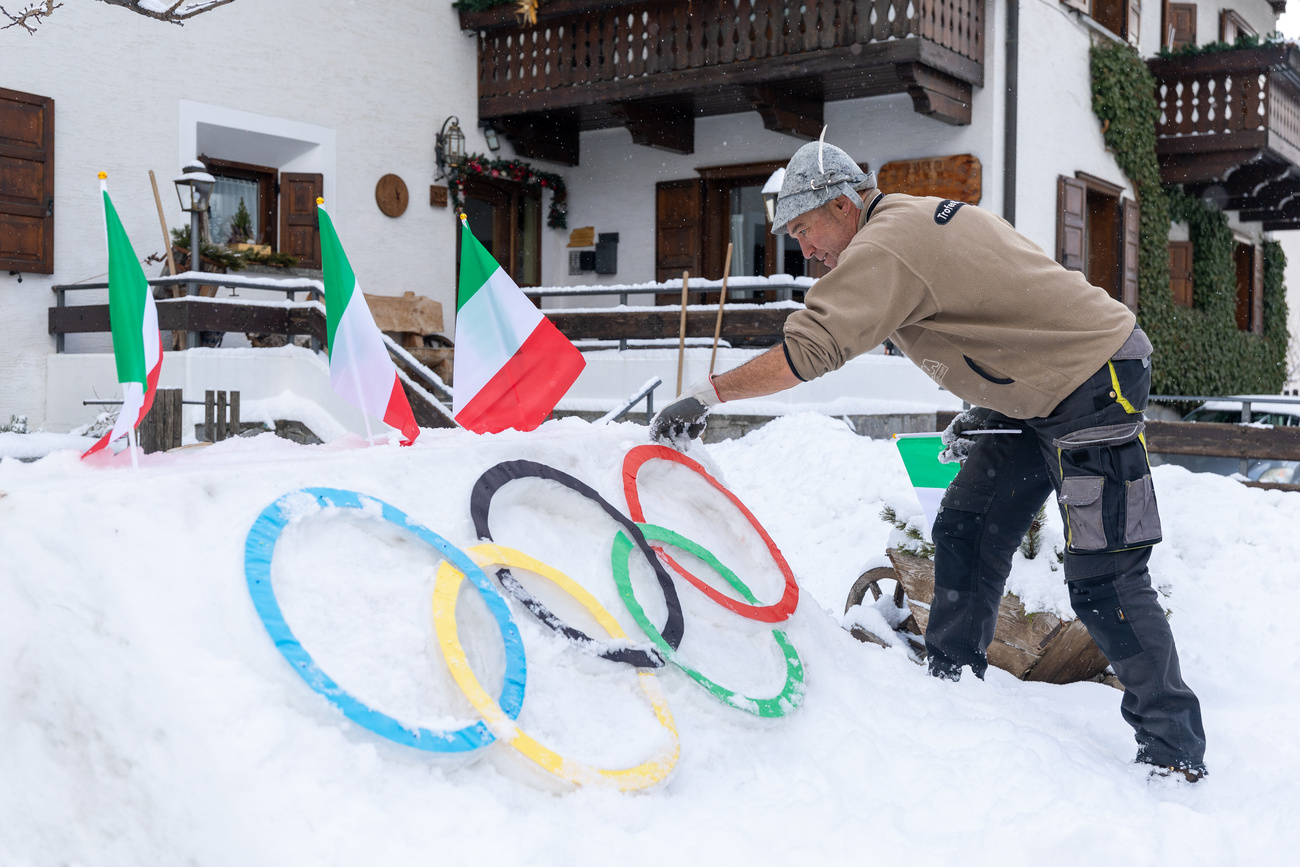
Shuttle will return to space “by end of year”

As the shuttle Discovery returned to Earth on Tuesday, Switzerland’s only astronaut predicted that the grounding of manned space flights would not last long.
In an interview with swissinfo, Claude Nicollier said he expected the next shuttle to blast off before the end of the year.
Astronauts aboard Discovery touched down 24 hours late, after bad weather forced the United States space agency, Nasa, to reschedule the return flight.
The landing at Edwards Air Force Base in California marked the end of the first shuttle mission since Columbia disintegrated while re-entering the Earth’s atmosphere in February 2003.
Discovery began its journey to the International Space Station (ISS) on July 26. Soon after the launch Nasa announced that it was grounding its entire manned-flight programme after a slab of insulating foam broke off the shuttle’s external fuel tank during lift-off.
But Nicollier – the first and so far only Swiss to have travelled in space – is confident that Nasa will not keep its ageing fleet of shuttles on the ground for long.
He is also hopeful that the Hubble space telescope, which is currently falling into a state of disrepair, can be saved and given a new lease of life.
swissinfo: You must be relieved to see Discovery safely touch down back on Earth…
Claude Nicollier: Yes, of course. The re-entry procedure is a very complex part [of the mission]. It is more dangerous than we thought was the case before the Columbia accident.
It was always considered in the 1990s to be far less dangerous than the ascent of the shuttle. Of course, since Columbia this view has changed.
That said, if the spacecraft’s thermal-protection system is in good shape – as was the case this time with Discovery – one can feel very confident about re-entry and landing.
swissinfo: What was it like watching the latest mission knowing that you have flown on the same shuttle?
C.N.: Well, I should say that I have a special affection for all four of the orbiters which I had the privilege to fly on, including Columbia which unfortunately was lost [when it burnt up on re-entry] in 2003. But Discovery was the last shuttle I flew on in December 1999 and of course it’s special to me because it’s a spaceship I got to know well.
swissinfo: What impact will the latest grounding of the shuttle fleet have on plans to finish work on the ISS and repair the Hubble space telescope?
C.N.: I don’t think it will have a significant impact. I expect the shuttle to resume flying before the end of the year. This could be as early as September. [If this doesn’t work out] the next window would be in November and I’m pretty sure that we will see the shuttle back in space by then. So all in all I don’t think the grounding will have much effect… on the assembly of the space station, which is the shuttle’s main task before it retires in five years.
As for Hubble, it is still working even if some of its systems have badly degraded. If we can’t get to it with the shuttle within the next two to three years it may well no longer be usable after 2008. But I am hopeful that one of the 15 to 20 shuttle missions scheduled [before the fleet retires in 2010] will be used to revisit Hubble and give the telescope another few years of life.
swissinfo: Looking to the future, Nasa is due to unveil details later this month of the next generation of spacecraft, the Crew Exploration Vehicle. What will it look like and how different will it be to the shuttle?
C.N.: I don’t know all the details, but what I do know is that the successor to the shuttle will not resemble it at all. It’s going to be more of a capsule-style vehicle like the Russians are using with Soyuz – although it will of course be a new generation of this type of craft. The design of this new spacecraft will also evolve in future and be upgraded to allow for flights to the Moon and then again for flights to Mars sometime in the next 20 to 30 years.
swissinfo-interview: Ramsey Zarifeh
Claude Nicollier was born on September 2, 1944, in Vevey, Switzerland.
He received a bachelor of science in physics from Lausanne University in 1970 and a master of science degree in astrophysics from Geneva University in 1975.
A veteran of four shuttle missions, Nicollier has logged more than 1,000 hours in space.
His first mission was in 1992. His last journey into space was on the shuttle Discovery in December 1999.

In compliance with the JTI standards
More: SWI swissinfo.ch certified by the Journalism Trust Initiative































You can find an overview of ongoing debates with our journalists here . Please join us!
If you want to start a conversation about a topic raised in this article or want to report factual errors, email us at english@swissinfo.ch.